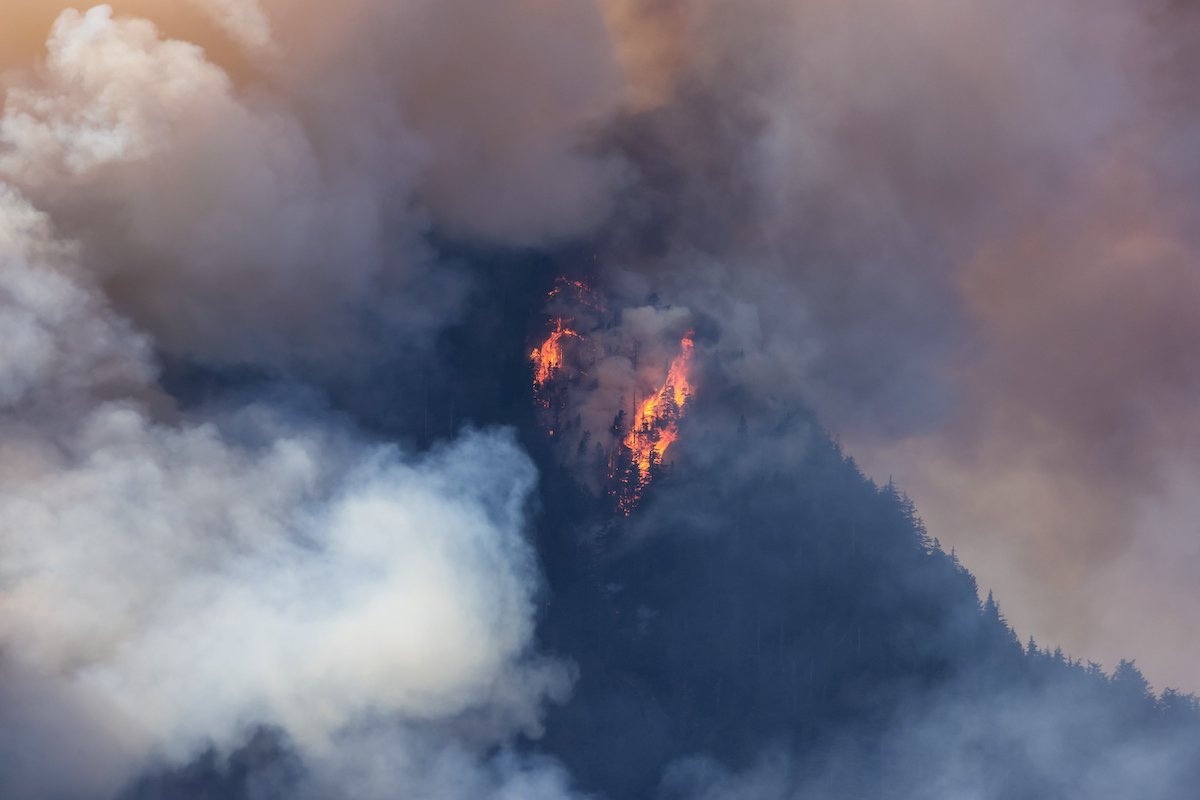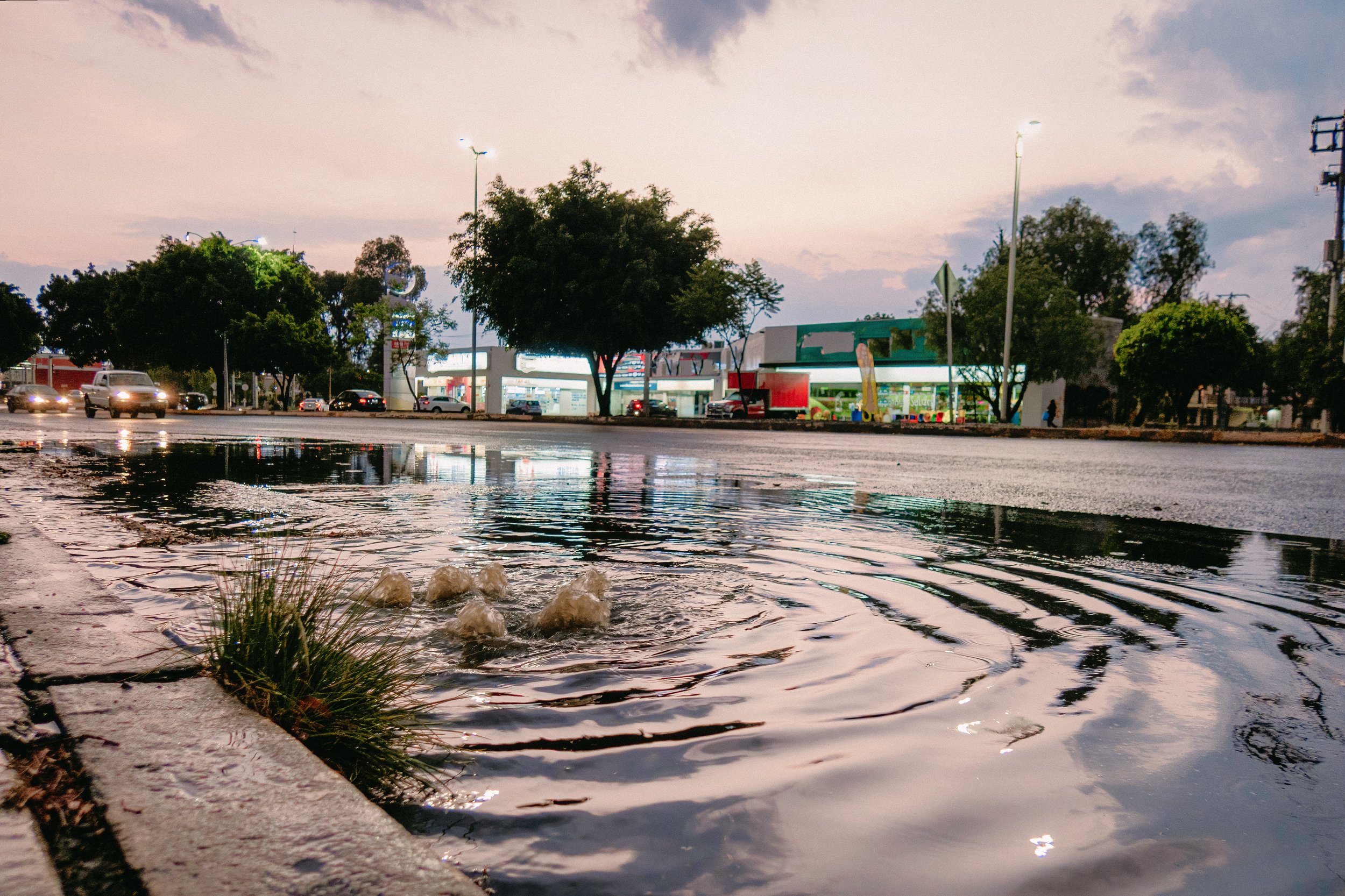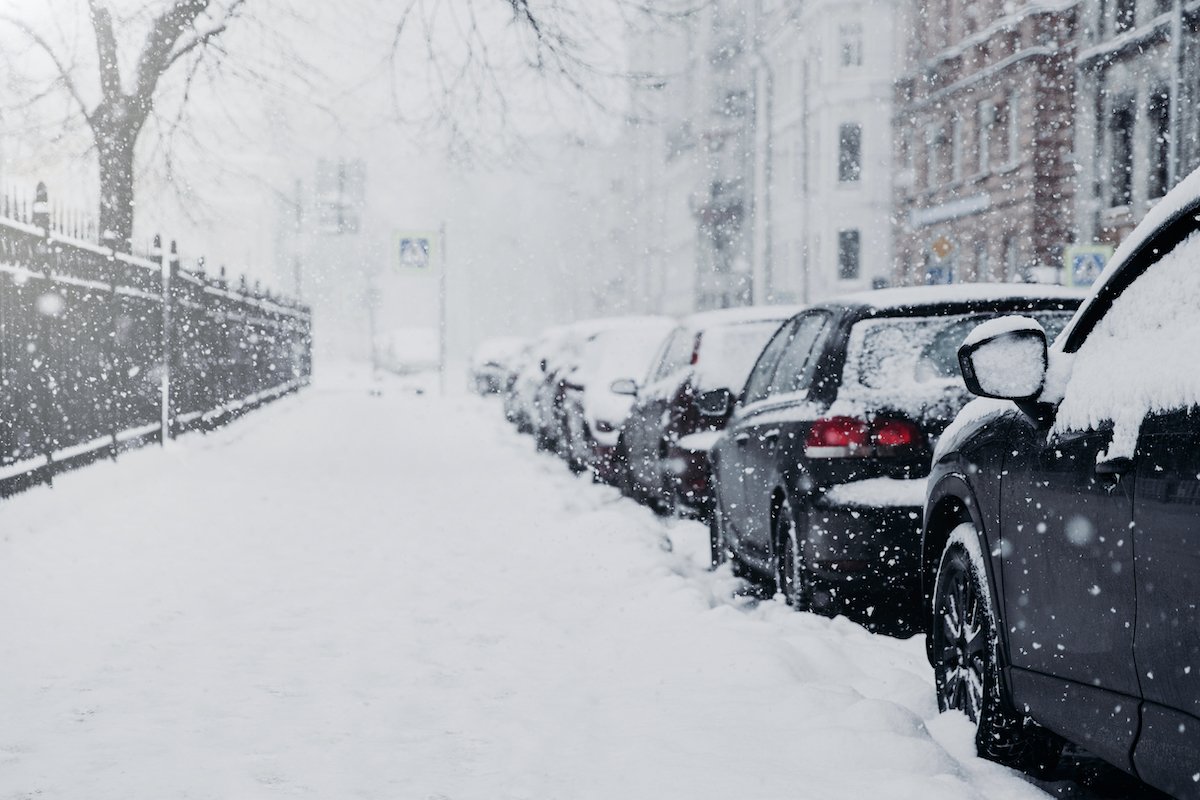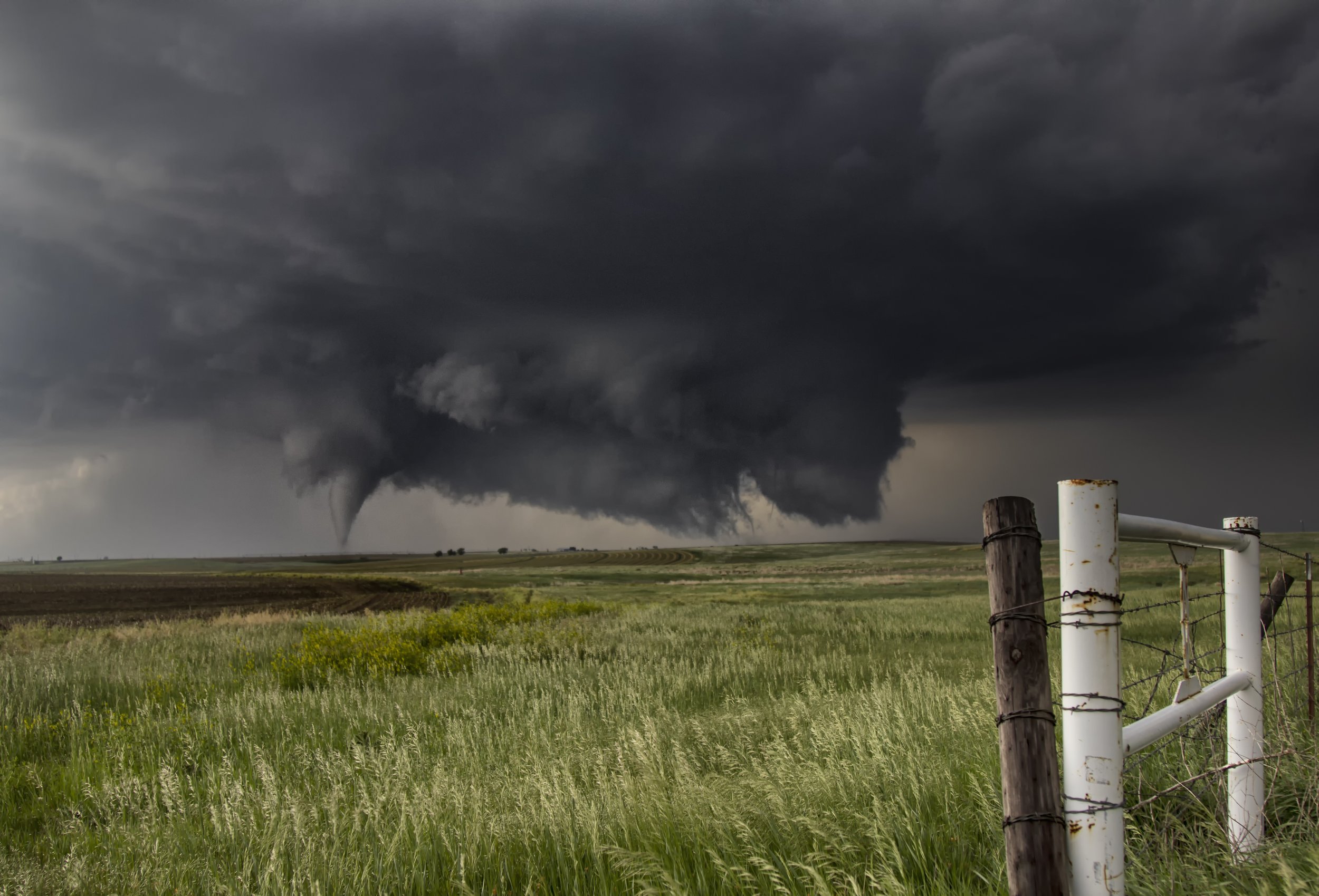Severe Weather Preparedness - Wildfires
Languages: English
Media Editing: The video module(s) in this subject are editable under our Content Studio offering unless otherwise indicated. For more information about Content Studio, contact your CSM.
Description: Wildfires can happen suddenly and cause a lot of damage. If your employees live in a zone that could be affected by wildfires, it's important they understand how to prepare, what to do during one, and how to recover. This subject will look at the various ways people can prepare their homes in case of a wildfire, as well as what to do immediately during one and how to start the recovery process.
Languages: English
Media Editing: The video module(s) in this subject are editable under our Content Studio offering unless otherwise indicated. For more information about Content Studio, contact your CSM.
Description: Wildfires can happen suddenly and cause a lot of damage. If your employees live in a zone that could be affected by wildfires, it's important they understand how to prepare, what to do during one, and how to recover. This subject will look at the various ways people can prepare their homes in case of a wildfire, as well as what to do immediately during one and how to start the recovery process.
Languages: English
Media Editing: The video module(s) in this subject are editable under our Content Studio offering unless otherwise indicated. For more information about Content Studio, contact your CSM.
Description: Wildfires can happen suddenly and cause a lot of damage. If your employees live in a zone that could be affected by wildfires, it's important they understand how to prepare, what to do during one, and how to recover. This subject will look at the various ways people can prepare their homes in case of a wildfire, as well as what to do immediately during one and how to start the recovery process.
Topics
Preparing for a Wildfire
-
Wildfires can happen with little warning. It’s important to prepare properly in case something happens. This includes small adjustments you can make immediately, and things that are good to know in advance of an evacuation.
-
Questions (level 1, 2, 3)
Video module
-
This topic is currently available in English.
-
Keep the exterior of the home free of fire hazards such as dry branches, leaves, and debris in gutters as these items can catch fire easily.
Check that each household floor and sleeping area has a smoke alarm with working batteries so that a fire can be detected quickly.
If you live in a house, check and move flammable materials like firewood or propane tanks at least 10-30 meters (30-100 feet) away from the house to prevent them from causing damage during a wildfire.
Make an emergency plan that includes what to do for preparation and evacuation, and practice drills regularly with all members of the household.
Make sure that everyone in the household knows where the emergency kit, fire extinguishers, and utility shut-offs are in the home in case a fire breaks out.
Designate a place to take emergency shelter that is closed off from outside air to protect your lungs if you’re unable to evacuate.
Know where your important documents are, and keep an up-to-date copy with your emergency kit and another in a password-protected digital space to make sure they are not lost in a fire.
Keep firefighting tools, like a shovel, ax, and water bucket accessible in the household in case of emergency.
Find multiple, reliable sources that you can use to get emergency information and alerts from.
Plan and create a meeting place and communication plan for your family members/household members so that if anyone is separated or not together during a wildfire, they will know how to contact and find each other.
What to do During a Wildfire
-
If an evacuation due to a wildfire is called, you need to know what to do and where to go. This topic will discuss things you can do to help reduce damage to your home, and how you can help firefighters during a wildfire.
-
Questions (level 1, 2, 3)
Video module
-
This topic is currently available in English.
-
Listen to local radio/television stations for up-to-date information as things can change quickly during a wildfire.
Close all doors and windows in the home, and if time permits, cover them with duct tape or plywood to help prevent drafts that can bring fire into the house.
Move highly flammable outdoor furniture and equipment, like lawn furniture and propane containers, away from the home to reduce the chance of them spreading fire to the home.
Move highly flammable materials like textiles, curtains, and furniture, away from windows and doors inside the home to help stop the fire from spreading.
Turn on the lights inside and outside of your home to help with visibility if it gets smoky.
Fill tubs, garbage cans, and other large containers with water if they’re available as this could help firefighters fight the fire.
If you are told to evacuate, you must do so immediately. Follow the routes given by the officials to move away from the fire.
If you live in a house, place a ladder that reaches the roof in clear view outside to help firefighters if needed.
If you have a car, park it at the end of your driveway, facing away from the home, and pack it with your emergency supply kit and valuables so you can evacuate quickly.
What to do After a Wildfire
-
After the threat of a wildfire is gone, there are still precautions you need to take. This subject will go over warnings when cleaning up after a fire, and how to ease feelings of anxiety and fear.
-
Questions (level 1, 2, 3)
Video module
-
This topic is currently available in English.
-
Do not return home until you are told it’s safe as wildfires can cause other weather emergencies, like landslides and flooding.
Continue to take precautions and listen to emergency alerts and instructions from local authorities even after the immediate threat has passed as the situation can still change quickly.
Use caution when entering areas affected by wildfire because there may still be hazards, such as hot spots that can flare up with no warning.
Check all food and water before consuming because anything that has been exposed to heat, smoke, or soot must be discarded.
When returning to a house, turn off the main fuse box or circuit breaker until you’ve inspected your property as wires may have been exposed.
Take inventory of what was damaged by making lists and taking videos and photos of ruined furniture, appliances, and belongings for insurance purposes.
Wear protective equipment while cleaning up, including boots, safety glasses, long sleeves and pants, rubber gloves, and a mask to protect yourself from hazards.
Engage with neighbors and your community, in real life or virtually, to help reduce feelings of anxiety and stress from the wildfire.





